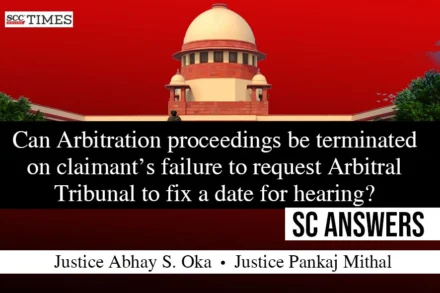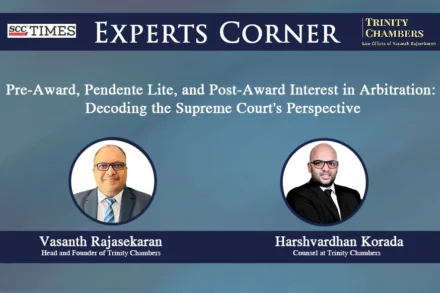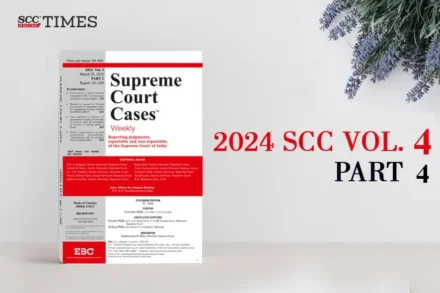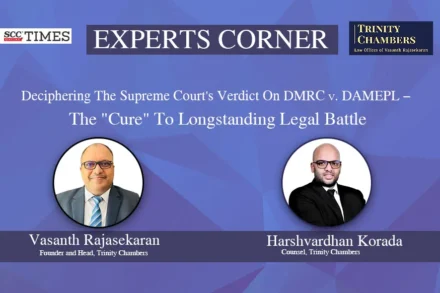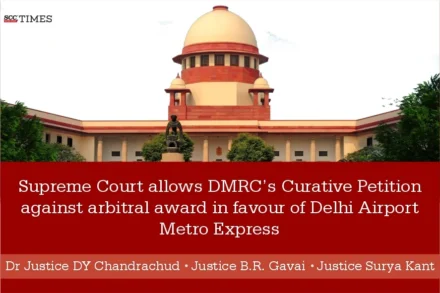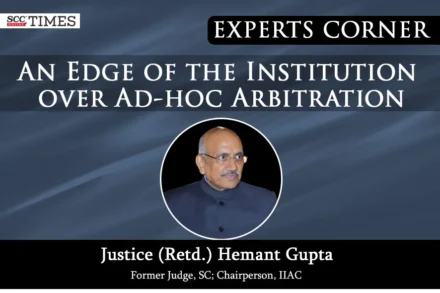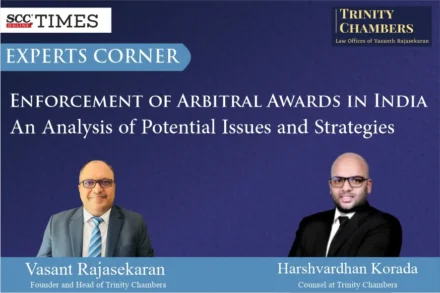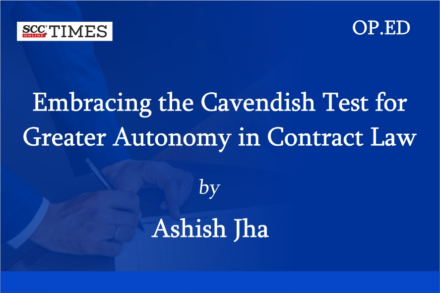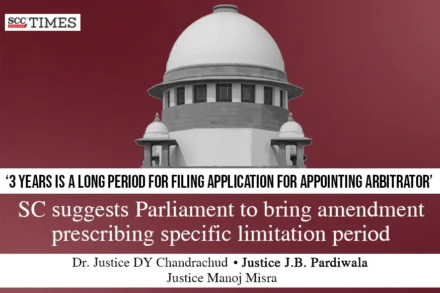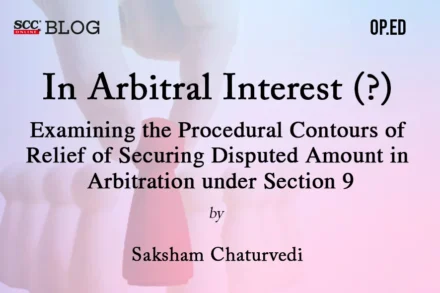
‘Situation not emergent to justify parallel adjudication by Court’: Delhi High Court dismisses Section 9 Arbitration petition due to Lack of Urgency
“When the Arbitral Tribunal is in seisin of disputes between parties, there is the pernicious possibility of any observation being made by the Court influencing the proceedings before the Arbitral Tribunal”



